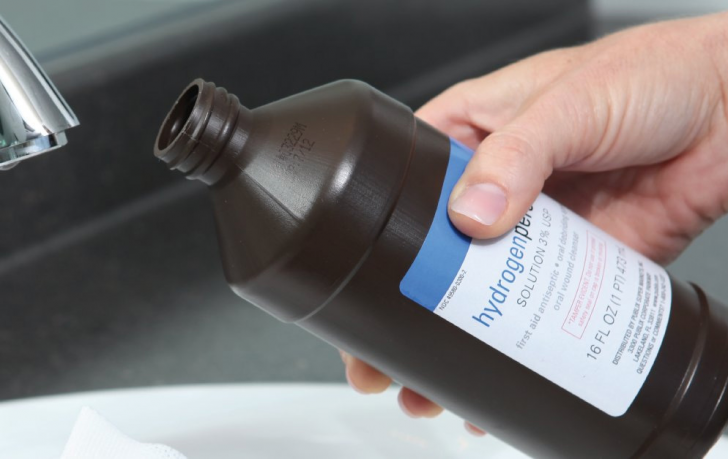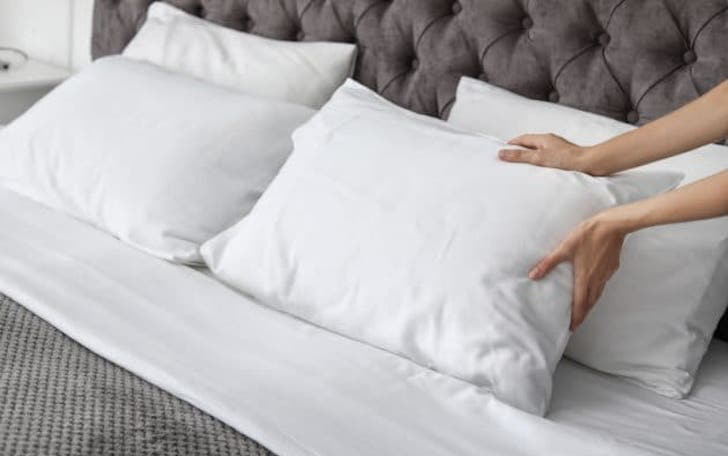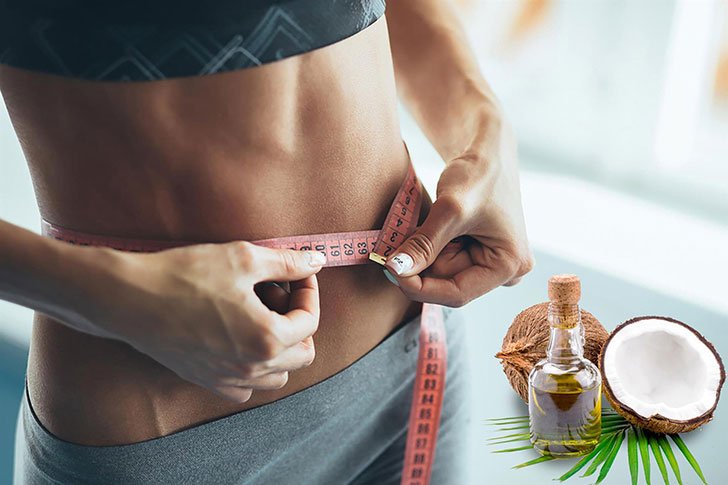
It’s important to clean your house regularly to keep your family healthy. But before you begin, make sure you’re using your cleaning products correctly. Improper use of them will not bring you the benefits you expected and sometimes may even damage your health. To help you get the best results, follow these tips and tricks for each type of product!
1. Using Chlorine Bleach Wrong Can Generate Deadly Gasses

Chlorine bleach, which has sodium hypochlorite on its ingredient list, must be used with water in the right proportion to provide the best results. Whether the bleach is a brand name like Clorox or a house brand, it should NEVER be mixed with ammonia, vinegar, rubbing alcohol, or hydrogen peroxide, as the combination can produce highly toxic and potentially deadly gasses. Likewise, when you’re using bleach to disinfect someplace, remember to keep the area well-ventilated. If you start to feel dizzy or queasy, go get some fresh air immediately.
2. You May Be Spreading Bacteria With Your Toilet Brush

After cleaning your toilet bowl, you may waste no time placing the wet toilet brush back to its holder. If so, you’re actually making a big mistake! By not allowing the brush to dry out sufficiently, you’re creating a breeding ground for bacteria. Instead, lay it across the bowl to dry completely first. If you feel the brush needs cleaning, soak it in a disinfectant, wait for several minutes, rinse it with water, and let it dry.
3. Don’t Clean Your Windows On A Nice Sunny Day

When you are washing windows and mirrors, always do it from the top down. This will prevent drips from spoiling areas that you’ve cleaned. Whether you choose a brand-name window cleaner like Windex Glass and Window Cleaner or homemade solution, use microfiber cloths or old newspapers instead of lint-producing materials and paper towels to wipe the window dry. And most importantly, clean on an overcast day, not on a nice sunny day, so the cleaning product will not dry out too quickly or create new marks.
4. Don’t Expose Hydrogen Peroxide To Heat, Light, And Air

Ever wonder why hydrogen peroxide always comes in dark brown bottles? That’s because it will break down to plain water and lose all its magic power when exposed to heat, light, and air. In case you didn’t know, hydrogen peroxide can also help disinfect surfaces and clean your home and laundry, besides taking care of small cuts and wounds. But as we mentioned earlier, never mix it with vinegar or chlorine bleach. Plus, do not use it on dark fabrics or carpets, as it may damage them.
5. Read Cleaner Instructions First, Then Clean The Floor

What cleaner do you use to sanitize your floors? Is it a special floor cleaner like Bona Hardwood Floor or an all-purpose cleaner like Pine-Sol Multi-Surface Cleaner? Or maybe you just grab whatever cleaner you have on hand. Labels are so important to read before you start cleaning. Is the cleaner safe for your type of flooring? Should it be mixed with water or used directly from the container? What do the precautions for use say? Erring on the side of caution is better than later sighing at the big hole left on the floor. What do you say?
6. There Are Two Things To Watch Out For When Using Disinfectant Sprays

The first one is that like disinfecting wipes, disinfectant sprays also need sufficient “contact time,” which varies by product. For example, the Lysol disinfectant spray label reads: “Pre-clean surface. Spray surface until thoroughly wet. Leave for 2 minutes before wiping.” Another thing to note is that most disinfectant sprays can’t be applied on unfinished, oiled, or wax wood surfaces. It’s best to check the label first before you start spraying. And when in doubt, test a small, inconspicuous area to be sure.
7. Never Mix Distilled White Vinegar With Chlorine Bleach Or Hydrogen Peroxide

Many choose cheap, non-toxic distilled white vinegar to clean almost everything in their house, but avoid using it on unsealed grout and waxed surfaces along with natural stone countertops made of granite, marble, or quartz, as it will etch them. Also, never mix vinegar with chlorine bleach or hydrogen peroxide because it can create toxic substances that irritate our eyes and lungs.
8. Stop Pouring Too Much Laundry Detergent Into Your Washer

If a little bit of laundry detergent works, then a lot of more will work better and faster? Right? But that’s not how it works. Using too much detergent not only wastes money but can also leave a sticky residue on fabrics, trapping more soil and odor-causing bacteria. So next time, before you start the wash, take the time to read the instructions and add the recommended amount or even a little less. Your clothes will be just as clean!








